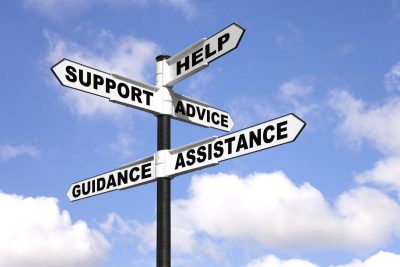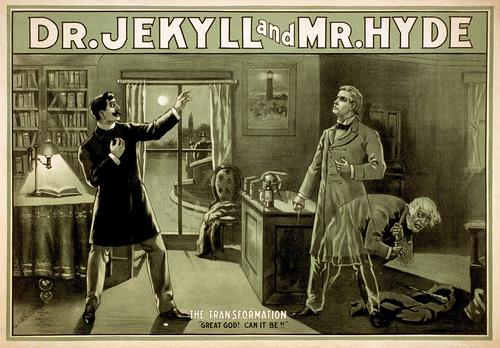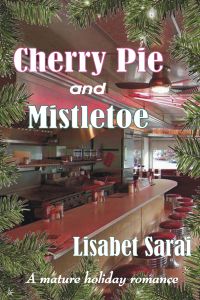
Image by Andrea Altini from Pixabay
When I started publishing erotica, more than two decades ago, my work tended toward the more literary end of the genre. Reflecting on my personal erotic adventures, I wanted to explore the nuances of desire, the ways in which lust challenges and transforms us. I was particularly fascinated by the emotional and spiritual dimensions of dominance and submission. Indeed, along with fellow ERWA member S.F. Mayfair, I edited a collection of BDSM short stories in 2003 entitled Sacred Exchange.
If you pick up any of the tales from my first decade as an erotica author, you’ll find an earnest focus on conflict, characterization and language. There’s sex, of course, but less than you might expect given the genre label. I was at least as interested in the experience of arousal as I was in its consummation.
Writing serious erotica was hard work. Furthermore, as time went on, I began to feel as though I was repeating myself, rehashing the same themes, especially when dealing with my first love, S/M. For recreation and relaxation, I started publishing what I would label as “mindless smut”: stories without any deep message in which all the characters are perpetually horny and gleefully eager to act on their carnal impulses.
Much to my astonishment, and somewhat to my embarrassment, I discovered these uninhibited and rather superficial tales sold fairly well. Furthermore, creating them was a blast. Once I’d decided to slip into smut-monger mode, the words just flowed. I’d never succeeded before in writing any sort of series, but my outrageous, somewhat silly novella Hot Brides in Vegas had barely hit the shelves when I started getting ideas for a sequel. Eventually the Vegas Babes series grew to five volumes of mindless smut.
In fact, writing this sort of fiction does require some craft. Although you (of course) need to include a lot of sex, you also need variety. If every scene involves the same activities, eventually even the most dedicated one-handed reader will get bored. I’ve noted in a previous post the importance of escalation. As the story unfolds, the sex scenes should become more intense and/or more taboo. Even porn needs a story arc, with a big climax (or ten!) and a happy ending for all. Every chapter should push the characters closer to the edge – or maybe I should say, pull them deeper into depravity!
I just published a brand new piece of unmitigated smut entitled Alex in Tittyland. It’s a loose (in several senses!) parody of Louis Carroll’s classic with a harem theme, inspired by discussions with a young male friend. In the process of penning this story I realized once again (1) how much fun it is to let my sexual imagination run wild and (2) how much thought is nevertheless required in order to create effective porn.
But it was still a lot easier than writing erotic romance or historically plausible steam punk.
I have to admit, however, that the prospect of producing nothing but mindless smut makes me uncomfortable. It feels too easy, and yes, a bit exploitative. In addition, I suspect that much of the audience doesn’t care in the least about premise, plot, characterization or even grammar. They’re just looking for the dirty parts. While I believe that my emphasis on craft makes my smut more readable, I’m not sure that my efforts constitute a competitive advantage when it comes to sales.
So I’ll probably continue to swing from one extreme of erotica to the other, delving into the emotional complexities of sexuality in one book, engaging in orgiastic fantasies in the next.
Adaptability is always a virtue, right?












